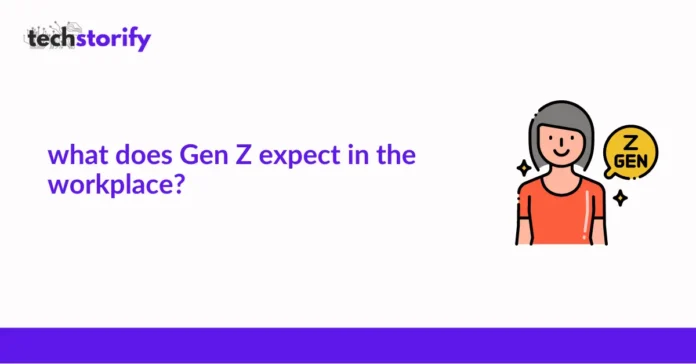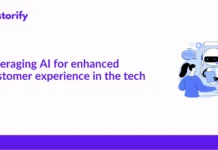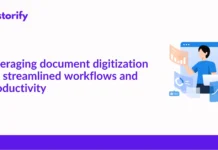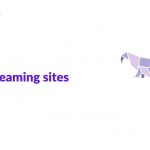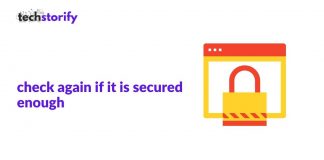Making your business stand out from the crowd is a challenge at the best of times, and with Generation Z, it’s harder than ever. They’re more selective about who they want to work for than previous generations, meaning that companies need to adapt to secure a long-term workforce.
In this handy guide, we’ll explore who Gen Z are and outline their workplace expectations.
Contents
What is Generation Z?
Generation Z, or Gen Z, is the most recent generation to join the workforce. A Gen Zer can be defined as anyone born between the late 1990s and early 2010s.
Gen Z is an extremely interesting demographic because they’re the first generation to have grown up with access to the internet and digital devices. Unlike millennials and older generations, they’ve never known a world without it. This means that they see things differently, are more tech-capable and are a unique group worth hiring.
Gen Z workplace expectations
Despite being the children of Generation X, Gen Z has specific workplace expectations around flexibility, opportunities and mental wellbeing provisions. Their relationship with the traditional workplace is very different from their predecessors and here we’ll explore some of their unique expectations.
Companies planning to grow need to hire Gen Z employees, so it’s best practice to understand how to meet their expectations.
Opportunities to work with new technologies
You thought millennials were tech-savvy. Enter — Generation Z. This new generation of employees is capable of using high-end tech equipment with ease. Not only that, but many Gen Zers require high-end technology to effectively do their job.
Providing them with outdated software or clunky hardware is going to slow them down, and in some cases, they might not even know how to use older devices.
A commitment to ESG monitoring
With the rise of social media and 24-hour news, there is now an increased awareness of business practices. If a company is failing to meet its moral, environmental and social obligations, it risks being shunned by Generation Z.
To avoid this, more and more companies are implementing better practices and providing evidence of doing so. ESG monitoring involves a company listing their successes and setting targets in the areas of the environment, social policy and governance.
As they’re tech-savvy, Gen Zers are better placed to scour your website for details about your performance. Make sure you are listing ESG information and setting and achieving detailed goals.
A bonus is that ESG investing is on the rise, so boosting your credentials may generate more income for your business.
Flexibility
Gen Z haven’t made the nine to five workday a part of their identities in quite the same way that their parents — Generation X — did. That doesn’t mean that they aren’t driven to succeed. In fact, evidence proves that they work hard at exams to achieve positive job prospects. However, they have more appreciation for a work-life balance.
This translates into a desire for more flexibility. Companies can attract Gen Z employees by offering flexible hours and work-from-home opportunities.
Development opportunities
This unique generation of workers is more likely than any other in history to leave their job. They no longer see jobs as being for life and are willing to move companies with ease.
This doesn’t mean that must be the story at your workplace, however. With adequate training and development opportunities, you can retain Gen Z employees for decades.
A diverse workplace
Generation Z is the first demographic to view diversity as the norm. They are incredibly inclusive and don’t discriminate based on gender, race or sexual preferences.
They won’t tolerate businesses that don’t have equality baked into every aspect of their operations. To attract Gen Z staff members, you must encourage and be able to demonstrate a diverse workplace, where everyone, no matter who they are, can be hired and succeed.
Mental wellbeing prioritization
Mental health issues have existed throughout history, but dramatic changes in the world since the millennium and more awareness around mental wellness have made Gen Z the most anxious generation ever.
They experience more panic attacks, anxiety and depression than their millennial or Generation X counterparts. Body confidence issues and self-harming tendencies are also more common among this demographic too.
A responsible company should ensure that mental health services are available and create a safe environment where staff can share their anxieties with colleagues and managers.
Gen Zers don’t just want to see evidence that you’re supporting their mental wellbeing. They want to know that it’s factored into every decision at every level of your organization, and that provisions are in place to support all employees regardless of their age.


